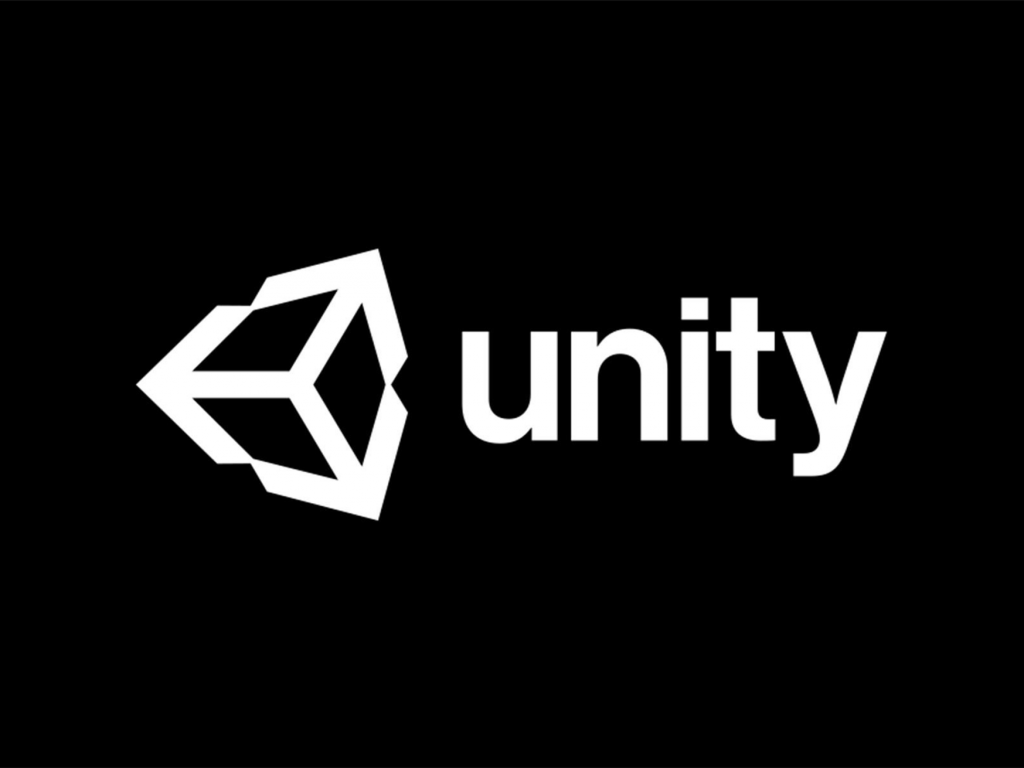
The new runtime fee policy is a win for developers.
Today, It was announced a new runtime fee policy update, which is a significant improvement over the previous one announced on September 17th which received a lot of backlash from the game developer community. The new policy offers more flexibility, transparency, and fairness for developers who use Unity to create and distribute their games.
The new policy does not take a cut of developers’ revenue or gross income for using its features or services. Unlike the old one, It charges a flat fee per project depending on how many monthly active users (MAU) the game has. The fee covers all features and services, such as multiplayer, cloud build, analytics, ads, and in-app purchases. Projects with less than 50,000 MAU pay nothing, while projects with more than 5 million MAU pay $150,000.


Its personal plan will now remain free for game developers who make less than $200,000 per year with no Runtime Fee for games made with this plan and no requirement to show the “Made with Unity” splash screen. In addition to this, Unity Pro and Unity Enterprise plans have included some changes starting from the next LTS version of Unity in 2024. Games that make more than $1 million per year will only have to pay a Runtime Fee of either 2.5% of revenue or a fixed amount based on monthly active users. Developers can now choose the lower option and report their own data.
Already shipped or in-development games with current or older versions of unity will no longer be affected. Developers can now keep using the same terms as long as they do not upgrade to the new version of Unity.
Could it still be the best choice for indie Unity developers?
The new policy is a more welcomed and even more attractive offer compared to what is provided by the competition. For example, Unreal Engine charges developers a 5% royalty on their gross revenue after the first $1 million per game per calendar quarter. This means that developers who use Unreal Engine have to pay more as games become more successful. Whereas Unity developers only pay a fixed amount regardless of their revenue. Moreover, Unity’s fee is based on MAU, which is a more accurate measure of the game’s popularity and engagement than gross revenue, which can be affected by factors such as discounts, refunds, and taxes.
A step in the right direction?
Unity still faces some challenges ahead from the horrible policy announced earlier on September 17th, which may have damaged its reputation and trust among its developers. The old policy was widely criticized for being confusing, unfair, and greedy, as it charged developers a percentage of their revenue or gross income for using certain features or services, such as multiplayer, cloud build, and analytics. The old policy also had different tiers and thresholds for different platforms and regions, making it hard for developers to estimate their costs and plan their budgets. Many developers expressed their frustration and disappointment on social media and forums, and some even threatened to switch to other engines or platforms.
Unity has apologized for the confusion and frustration caused by its old policy and has promised to listen to the feedback from its developers and partners. It hopes to restore the confidence and loyalty of its developers. Unity also claims that the new policy will enable it to invest more in innovation and quality and to provide more value and support to its developers.
Powering more than half of the top 1,000 games on mobile, PC, and console platforms. It is one of the most popular and widely used game engines in the world. More than 9 million registered developers create games across various genres and categories with Unity. Their mission is to make game development accessible to everyone and democratize it. The new runtime fee policy supports this mission. It provides a simple, clear, and fair way for developers to use Unity’s features and services.
Are you Interested in what Unreal Engine is up to? Check out our blog post